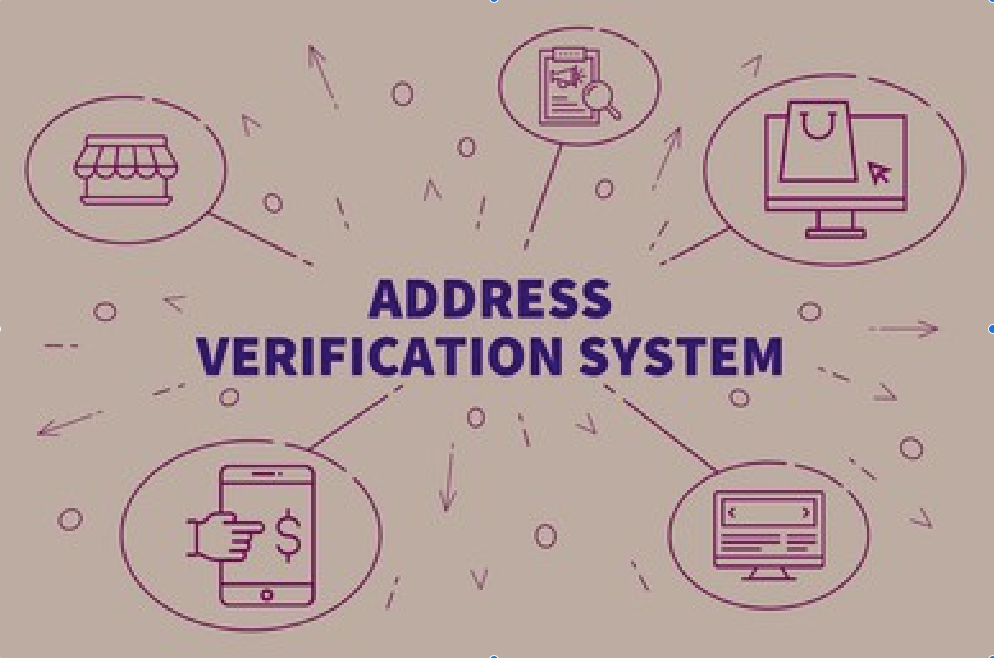The process of evolution never stops or pauses. This is evident from the changes that came with COVID in 2019, all over the world. During this pandemic, businesses had to move their operations online. According to a report, poor customer service costs businesses, on average, $1.6 trillion per day. This is so because customer experience is crucial to a company’s competitive position in the market. Businesses suffer this loss due to not adopting better customer verification solutions.
However, an encrypted and automated address verification solution supports the process and assists businesses in maintaining their position. The e-commerce sector needs this solution the most as it is currently facing enormous challenges. For example, abandoned shopping carts, fraudulent chargebacks, phoney order placements, and so on. An online address verification system can assist businesses in delivering products to accurate addresses. E-commerce is not the only industry in need of this technology; the telecommunications, healthcare, retail, and financial industries also require it.
Online Address Verification – Making Real-time Identity Authentication a Reality
Online address verification helps to avoid scams and criminal activity. It helps companies to verify their clients before they place an order or complete a transaction. Furthermore, businesses cannot simply onboard any customer in accordance with regulatory KYC compliance. They must confirm that they are working with legitimate clients. Platforms request a number of identity documents during registration in order to do this. The primary prerequisite is that documents cannot be more than 3 months old. If not, the system will not even recognize it in the first place. The documents listed below are what companies use to confirm a person’s address and identity.
- Employment Letter
- Original ID Card
- Passport
- Driving license
- CPR Smart
- Ownership or Rental Agreement
- Insurance Papers
The documents listed above all include address verification. Following customer submission, the system first verifies the documents’ authenticity before using an OCR system to extract the details. For example, address details, name, date of birth and so on. The system then performs scans and verifies the format, template, and forgery to check the authenticity.
Which Sectors Require Address Verification?
No industry can function without confirming the addresses of its clients. However, finance and e-commerce are where it matters the most.
- Banks and Financial Institutes
Fraudsters open new bank accounts, apply for benefits, and conduct transactions using forged, or fake documents. Therefore, it is essential for the finance industry to confirm that the clients they are dealing with are real. Minor flaws can trigger drastic actions like account takeover, financing terrorism, and so on. The banking and finance industries need address verification system most of all to stop fraud and secure customer privacy. When a user signs up, these services gather, authenticate, and verify their data.
- Medical Industry
The healthcare industry is the most at risk because it handles sensitive data and requires high-tech security to keep it safe. Additionally, there is a chance that healthcare providers won’t find the intended patient if the data is inaccurate. However, gathering a lot of real addresses is difficult and practically impossible using manual methods. Verifying an address online can expedite the process. It identifies patients’ addresses in less time and saves resources.
- E-commerce Sector
The e-commerce sector suffers the greatest monetary loss as a result of chargebacks, fictitious addresses, and failed deliveries. When registering on websites for online shopping, fraudsters frequently enter incorrect addresses. They can avoid the verification in this way. In this case, address verification adds another level of protection.
- Retail Sector
In the retail sector, attracting clients and obtaining their data are becoming more and more common. The retail sector has also begun shipping goods due to the large number of customers making online purchases. However, incorrect or mistyped addresses can result in numerous losses for them, including chargebacks, correction fees, and replacement sends. In the worst case scenario, they lose the trust of their clients. Businesses can recognize and avoid such scenarios by verifying address.
Moreover, the onboarding process is accelerating as businesses adopt digital tools. This is beneficial for both the company and its customers. This is due to their preference for a “one-select” option. As a result, the online address verification system enables clients to save the address in the first place. They can later use auto-fill to fill in the blank fields.
Conclusion
There are several reasons why businesses need to verify addresses. Verification of address is so necessary as a way to improve clients’ experiences and prevent fraud. They can expedite both deliveries and assistance. They can also verify the identities of their clients and onboard only legitimate ones. Additionally, industries can save time and resources while still maintaining their market position by using AI-powered address verification systems.

